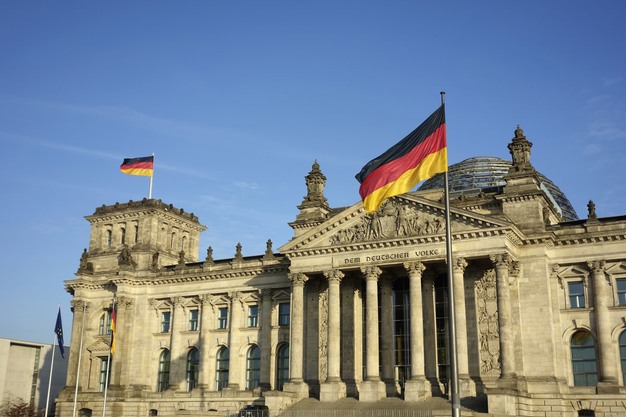Consumer sentiment in Germany continues to improve at a slow pace in March. While expectations regarding the economy and income increase slightly, the willingness to buy remains low. The declining willingness to save has a positive effect, with the consumer climate improving for the second time in a row. In the forecast for April, the indicator increases slightly by 1.4 points to -27.4 points compared to the previous month (revised to -28.8 points). These are the findings of the GfK Consumer Climate powered by NIM for March.
 Photo © Niroworld | Dreamstime.com
Photo © Niroworld | Dreamstime.com
One component that contributed to the rise in consumer climate in March is the willingness to save, which fell by 5 points compared the previous month. But with a value of 12.4 points, the willingness to save continues to be extraordinarily high. For comparison, the willingness to save was at just 1.3 points in the same period the previous year, which represents an increase of more than 11 points.
'The recovery in the consumer climate is slow and very sluggish,' explains Rolf Bürkl, consumer expert at NIM. 'Real income growth and a stable job market themselves provide good conditions for rapid improvement in consumer sentiment, but there's still a lack of planning security and optimism about the future among consumers. In times of multiple crises, the high degree of consumer uncertainty, paired with low confidence in Germany's economic development, is holding back the willingness to buy. As a result, domestic demand is still failing to stimulate the economy. In a nutshell: The poor sentiment is overshadowing the facts.'
A sustained recovery of the German economy is therefore not yet in sight. Above all, this would require a reduction in the high level of uncertainty among the population. But for that to happen, inflation has to come down in Germany and there needs to be a clear political strategy for developing the country in the years to come. This is the only way for consumers to regain more planning security, which is an important prerequisite for investing in larger purchases.
Income expectations increase slightly
Income expectations are unable to maintain their momentum from the previous month, which saw a significant increase of more than 15 points. The indicator gains a modest 3.3 points and is currently at -1.5 points. A higher value was last seen in February 2022 – before the war in Ukraine began – at +3.9 points.
The slight increase in income optimism is primarily due to the development of wages and salaries. There are considerable increases in wages and salaries, which will persist in the coming months. This also applies to pensions, which tend to follow developments in wages. For example, it was reported a few days ago that government pensions will increase by just over 4.5 percent this summer in both eastern and western Germany. With a current inflation rate of around 2.5 percent, this will lead to a significant real increase in income for pensioners and employees.
The willingness to buy continues to lag behind developments in income
However, the growing trend in income expectations did not have a positive impact on the willingness to buy, which actually fell slightly compared to the previous month. After a drop of 0.3 points, the indicator is now at -15.3 points. With an increase of +1.7 points, a year-on-year comparison also reveals very little change. In contrast, income expectations increased significantly compared to March 2023 (+22.8 points).
The willingness to buy has been stagnating at a very low level for nearly two years now, indicating that consumer uncertainty is extraordinarily high. As a result, consumers are tending to save their financial resources, as demonstrated by the recent increase in the savings rate and the very positive performance on the German stock markets.
Economic expectations show slight increase
Economic expectations rose marginally by 3.3 points to -3.1 points. Compared to the corresponding period in the previous year, this represents a drop of 6.8 points.
The economy is currently unable to gain any long-term momentum. According to consistent forecasts by scientists, economists and politicians, a weaker first half of the year will be followed by marginal recovery in the second half. Many hope that the ECB will lower interest rates in the middle of the year, which would certainly make a difference. Nonetheless, experts predict there may be zero economic growth in 2024.
More information:
GfK
www.gfk.com
